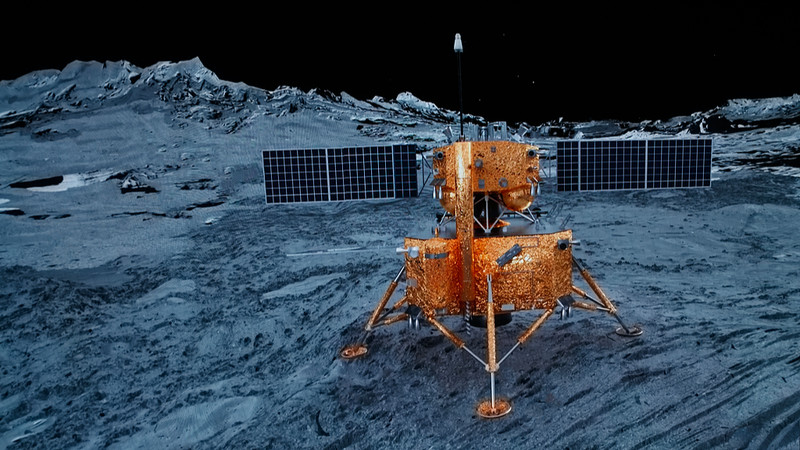For many U.S. entrepreneurs, TikTok is more than a social app—it’s the engine driving entire businesses. Viral videos have turned homemade skincare labels and streetwear startups into overnight sensations, while the platform’s algorithm connects small brands with millions of customers around the world.
Take Luna Solar, an Austin-based organic skincare startup. When a 30-second tutorial on tinted moisturizer racked up 2 million views, orders shot up by 300% in a week. TikTok transformed their reach overnight, says Luna, who now ships to three countries.
In Chicago, Urban Threads used a simple styling clip to boost its streetwear line. The brand attributes more than half its annual revenue growth to TikTok’s recommendation engine. Founder Marcus Lee warns that ongoing talks between U.S. and Chinese mainland officials over the app’s status have left his team scrambling for Plan B.
Meanwhile, Gadgetry Co. built its following with bite-sized tech demos. Investors took notice after a DIY phone-repair video went viral, but today the startup faces a new challenge: maintaining momentum without a guaranteed platform.
With talks between U.S. and Chinese mainland officials casting doubt on TikTok’s future, entrepreneurs are diversifying. Some are testing Instagram Reels or YouTube Shorts, while others are investing in email marketing and community platforms. Lee says they need to future-proof their model.
As negotiations unfold, small brands that once thrived on TikTok’s viral waves must adapt or risk being left behind. Their stories shine a light on the true power—and fragility—of the digital economy.
Reference(s):
cgtn.com




